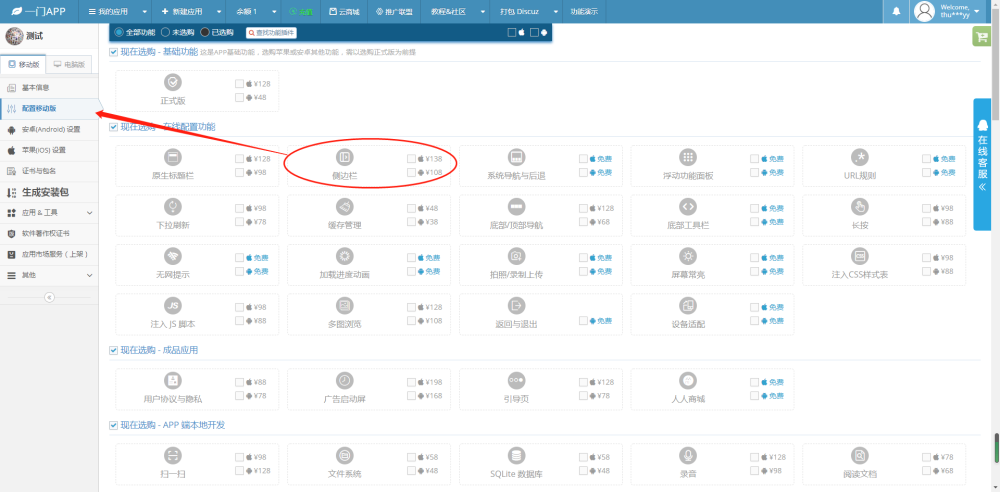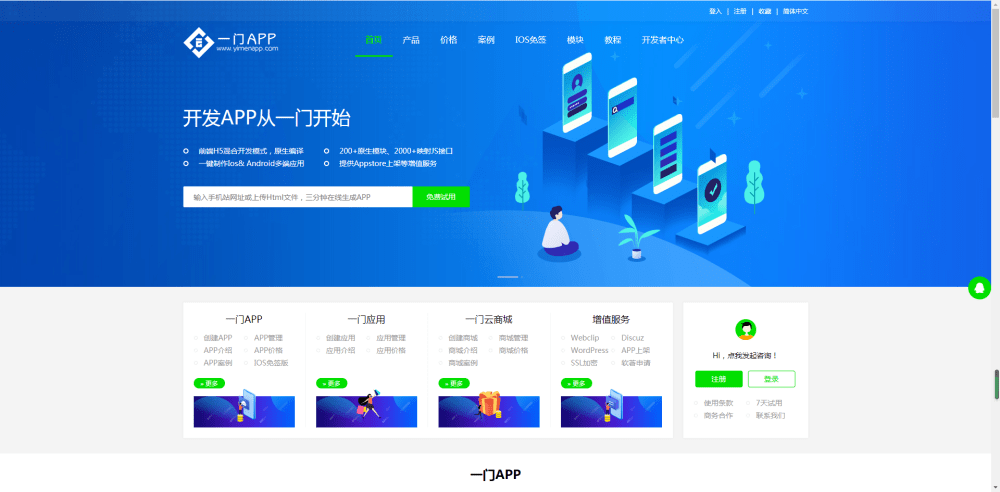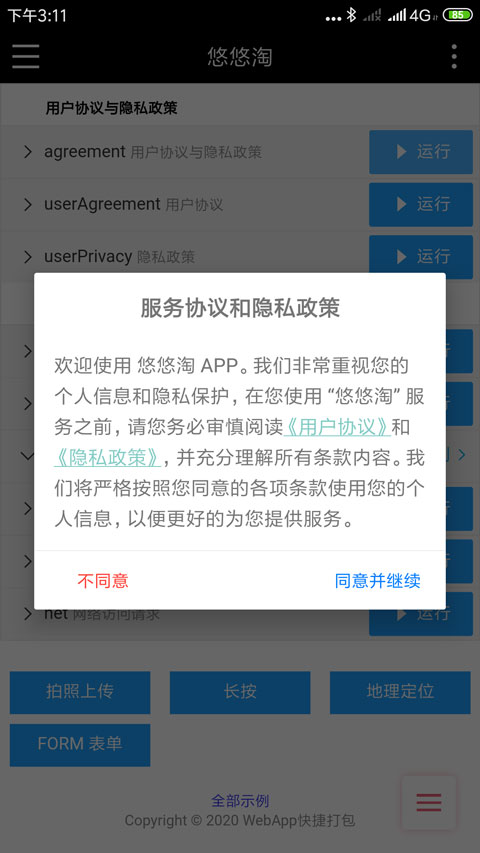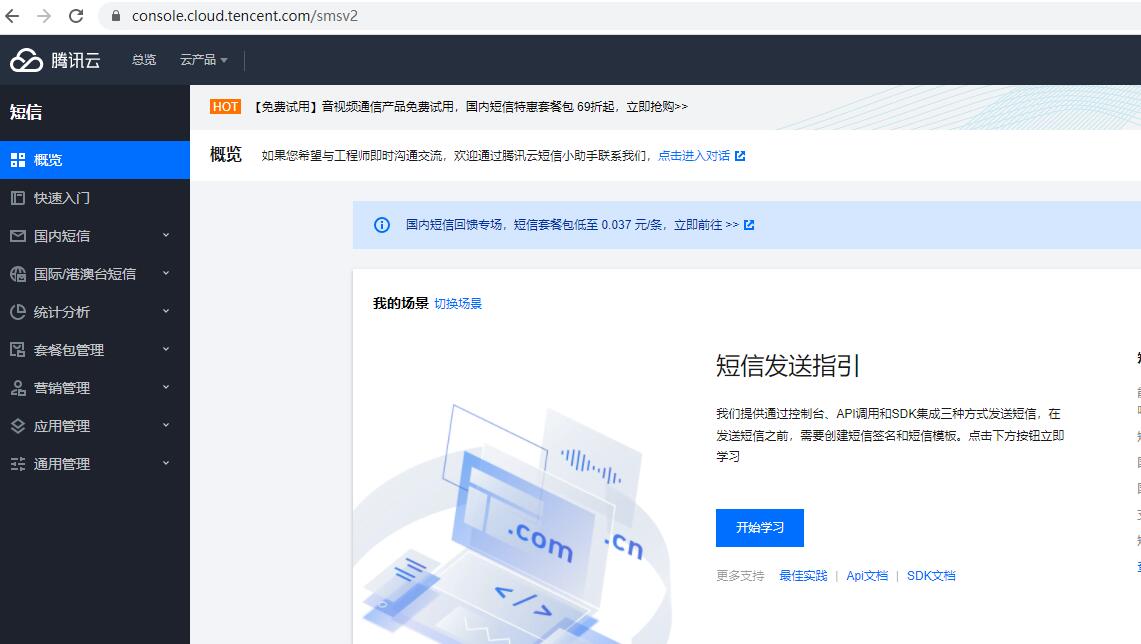Title: Android App Development for Graduation Thesis: A Comprehensive Guide
Abstract:
As the demand for mobile applications increases, so does the need for skilled Android app developers. The Android operating system, developed by Google, has become a popular platform for developing mobile applications for a wide range of devices, such as smartphones, tablets, and smartwatches. This thesis aims to provide a comprehensive guide on Android app development principles and techniques, focusing on key components including Android Studio, Java programming language, and UI/UX design. Beginners and advanced developers alike can benefit from this resource in their journey to mastering Android app development.
Table of Contents:
1. Introduction
1.1. Background of Android OS
1.2. Importance of Android App Development
1.3. Objective of the Thesis
2. Android Studio: The Integrated Development Environment
2.1. System Requirements and Installation
2.2. Creating a New Project
2.3. Project Structure and Files
2.4. Gradle Build System
3. Java Programming Fundamentals for Android App Development
3.1. Introduction to Java Programming
3.2. Basic Syntax and Variables
3.3. OOP Principles: Class, Object, Inheritance, and Polymorphism
3.4. Exception Handling and Debugging
4. Android App Components and Architecture
4.1. Activities
4.1.1. Basic Activity Structure
4.1.2. Activity Lifecycle
4.1.3. Intents and Intent Filters
4.2. Fragments
4.2.1. Fragment Basics
4.2.2. Implementing Fragments
4.2.3. Fragment Lifecycle
4.3. Services
4.4. Broadcast Receivers
4.5. Content Providers
5. UI/UX Design Principles in Android App Development
5.1. Layouts and Views
5.2. Widgets and UI Components
5.3. Themes, Styles, and Material Design
5.4. Mobile App Usability Principles
6. Database and Storage in Android App Development
6.1. SQLite Database
6.2. Shared Preferences
6.3. Internal and External Storage
7. Networking, APIs, and JSON Parsing
7.1. Android Networking Basics
7.2. Working with REST APIs and JSON Parsing
7.3.Using HTTP Libraries: HttpURLConnection, Retrofit, and Volley
8. Testing and Debugging Techniques
8.1. Unit Testing with JUnit
8.2. Instrumentation Testing
8.3. Debugging Tools and Techniques in Android Studio
9. Packaging and Publishing Your Android App
9.1. Preparing Your App for Release
9.2. Generating Signed APK
9.3. Google Play Console and App Submission
10. Future Trends of Android App Development
10.1. Android Jetpack and Architecture Components
10.2. Google Firebase and Push Notifications
10.3. Augmented Reality and Virtual Reality
10.4. Mobile App Security
Conclusion:
This comprehensive guide covers the key principles, techniques, and tools required to develop Android applications, making it an invaluble resource for graduates aspiring to contribute to the growing field of mobile app development. From understanding the foundational concepts of Android OS to learning advanced UI/UX design and networking techniques, this thesis provides a solid foundation for any developer to excel in the Android app development domain.





